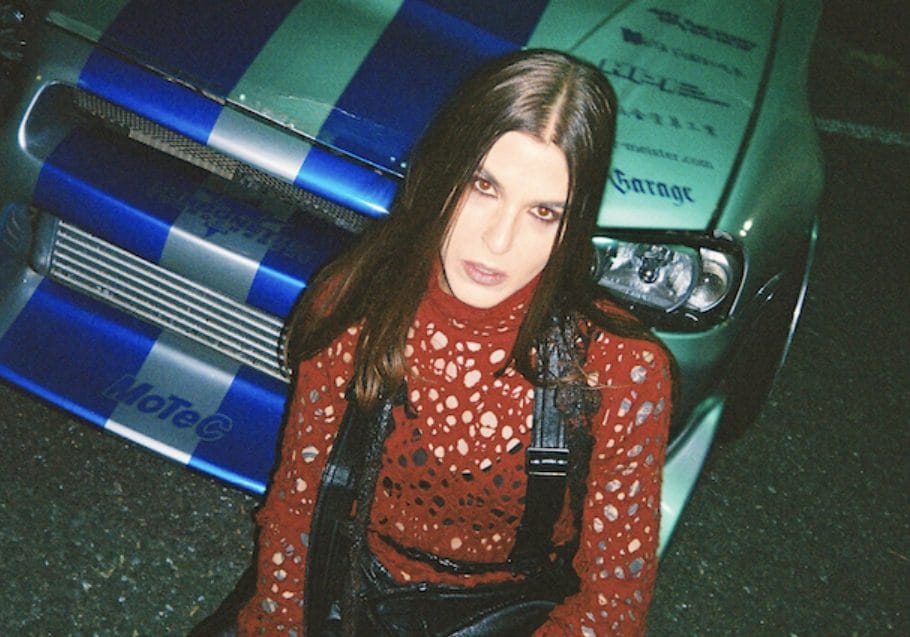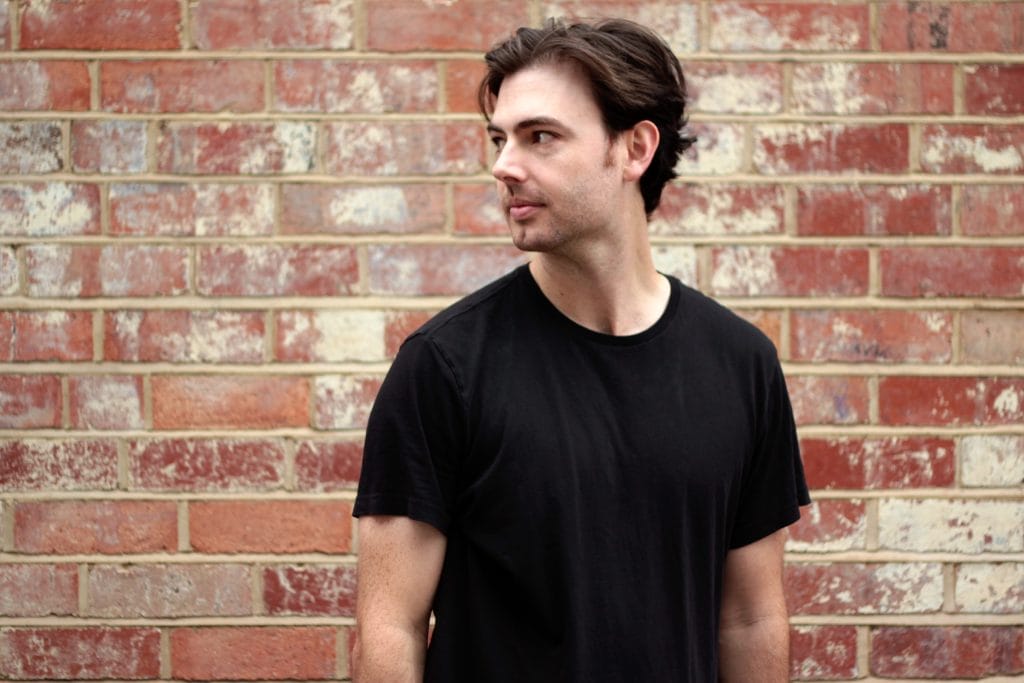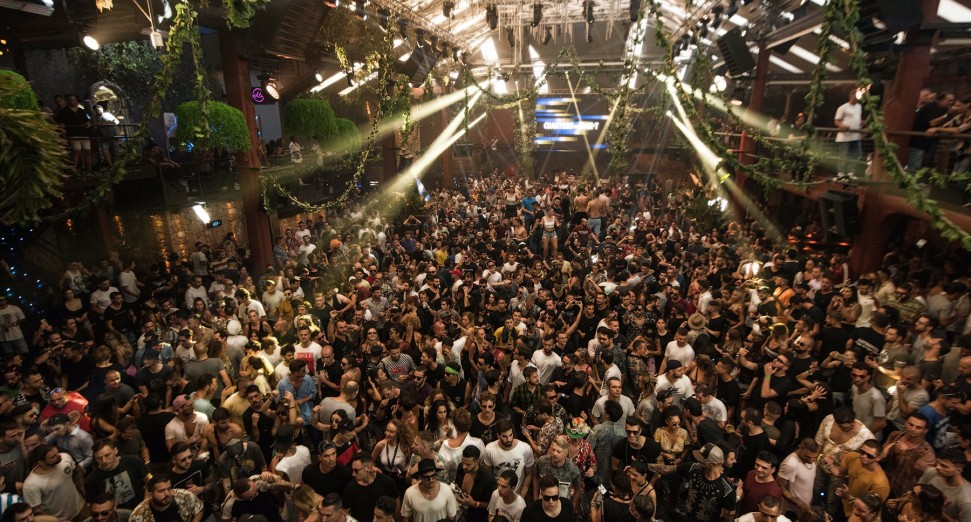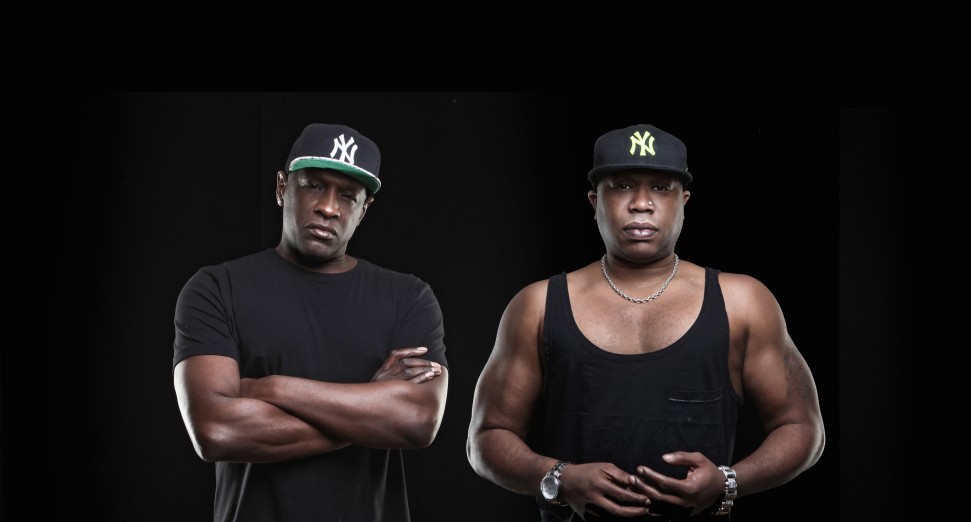
Adiel gets real about artistic pressure and unfinished songs
Rome’s own Adiel returns with Nightride, a breakbeat-heavy single that unfolds more like a city-lit memory than a traditional club track. Released on [PIAS] Électronique, it finds her building tension through percussive grit and melodic subtlety while making space for a rare vocal—“Close your eyes, take you through the night”—to land with purpose. Inspired by the rush and solitude of nighttime Tokyo, Nightride stretches out emotionally, pushing her sound in a more cinematic, breathing direction.
We spoke with Adiel about recognizing when an idea is worth chasing, how she edits with instinct, and why trusting your gut can feel like stepping into a parallel version of the song before it exists.
Connect with Adiel on Spotify | Instagram | Soundcloud | Facebook | Bandcamp
What does it feel like when you know an idea is worth chasing?
The sensation is almost visceral.
It’s like a spark in the dark where the idea resonates deeply and almost demands to be brought to life. It’s a mix of excitement and a sense of purpose that gives me the confidence to explore further and see where it might lead. There’s a certain gravity to it, a pull that feels both emotional and instinctual. In those moments, it’s not just about curiosity—it becomes a need.
A need to explore it, to give it a form, to see where it might lead. And even if you don’t know how to execute it perfectly yet, the drive to try is undeniable.
Do you have a personal test for figuring out if it’s “good”?
I rely on intuition combined with feedback from others. If I can listen to it repeatedly and it still feels fresh or evokes emotion, it usually passes my test. A piece is “good” if it speaks not just to the now, but holds potential to echo into the future. I ask myself if it continues to inspire new ideas or directions? I also listen to it in different environments—on headphones, in the studio, in the car. If it holds up across those different contexts, it’s usually a sign it has potential.
When have you ignored an early idea and regretted it?
There was a track I sketched years ago, but let it gather dust. Months later, during a casual B-side listening session with a fellow DJ, he pointed it out immediately and said it had something special. Hearing him speak about its potential gave me a perspective I hadn’t allowed myself to see.
By then, the moment had passed, and though I’ve since revisited the idea, it’s never quite captured the same magic as that original version.
How do you spot a throwaway vs. something foundational?
Throwaway ideas often lack depth or emotional impact—they feel generic or aren’t compelling after initial trials. Foundational ideas, on the other hand, have a certain weight or direction already evident, igniting a clear vision of what they could grow into. It’s like seeing the first few brush strokes of a painting and already imagining the final piece.
Those ideas don’t just inspire; they build momentum and create space for other creative elements to emerge naturally.
Have you ever finished a song you didn’t believe in?
Absolutely. Deadlines and external pressures have occasionally led me to complete tracks that didn’t fully resonate with me. Creating those pieces always leaves a bittersweet feeling.
But even that has value. It’s a powerful reminder of why authenticity matters and why it’s important to protect the integrity of your creative process, even in professional settings. Those moments serve as checkpoints—helping me recommit to making music that truly reflects who I am.
What’s one idea that felt small but changed everything later?
An experimental sound I recorded at Willem Twee Studios I initially disregarded turned out to be revolutionary. Adding it as a background element in subsequent tracks gave them an unexpected edge and became a hallmark of my signature sound.
How often do you get it wrong—and what do you learn from that?
Errors are frequent and invaluable.
They teach humility and reinforce the importance of flexibility and persistence. Every misstep shows me a new angle or path I hadn’t considered before, expanding my creative horizon. Embracing these elements helps refine not only the music I create but who I am as an artist.



